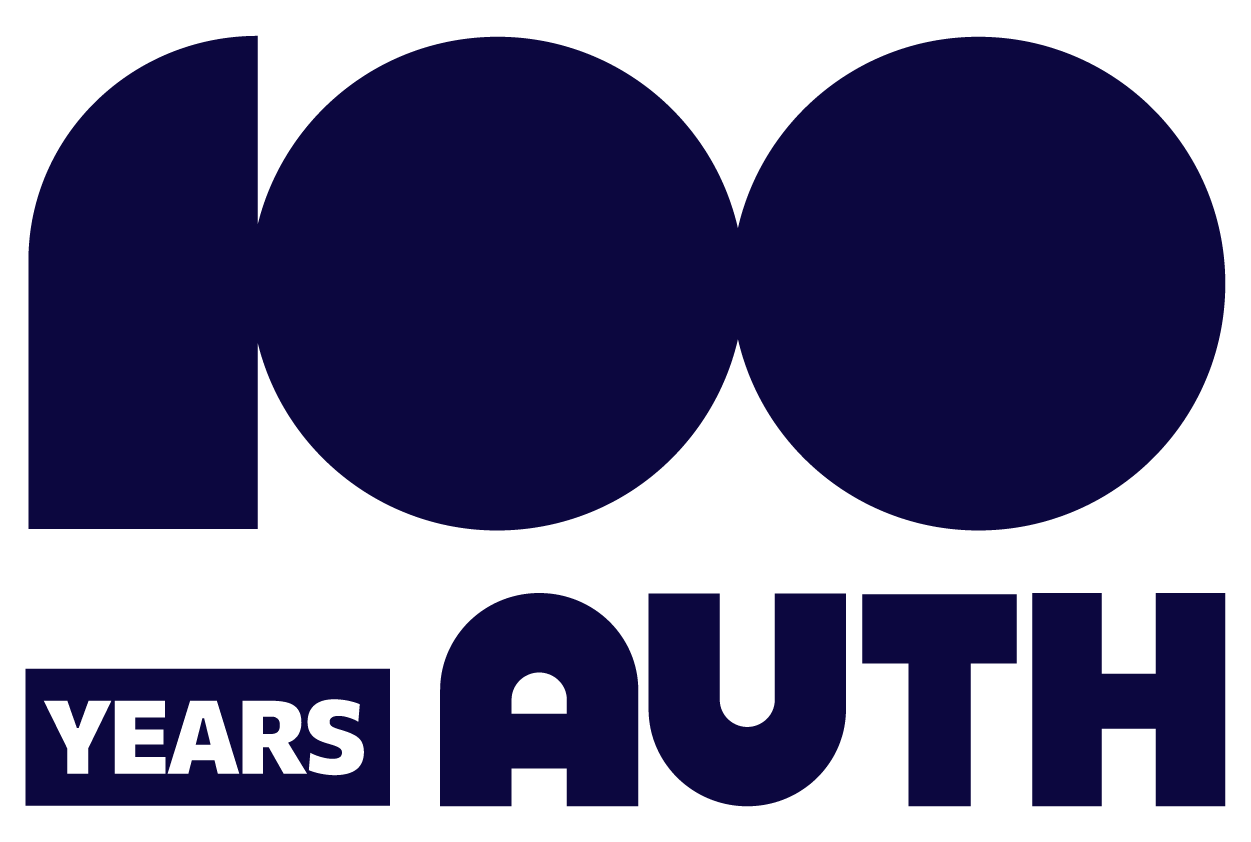
The aim of this course, which is a continuation of Ling 3-225, is to provide students with a comprehensive and systematic description of both commonly and less commonly used methods of language teaching. This course will be linked to Ling 3-225 as a number of the methods that will be presented have been based on developments in language acquisition theory and research. In some cases, the method will be considered in terms of its links to more general linguistic, psychological, or educational traditions. As knowledge of methods is part of the knowledge base of teaching, the course aims to enable future English language teachers to become aware of their own fundamental assumptions, values and beliefs in order to make informed choices in their teaching practice.
Assessment: Final exam
Course Outline
1. A brief history of the major language trends in 19th and early 20th century Language Teaching
a. The Grammar-Translation Method
b. 19th century innovations and the Direct Method
2. Approaches and Methods of the 20th century
a. The Audio-Lingual Method
b. The Lexical Approach
3. 20th century Approaches and Methods outside Mainstream
Language Teaching
a. Total Physical Response
b. Suggestopedia
c. Multiple Intelligences
4. The “Communicative Movement”
a. The classical view of Communicative Language Teaching
b. Whole language approach
c. Task-based language Teaching
d. Content-based Instruction, CLIL, Cross-curricular
approach
e. The Project Method
Coursebook
Richards, J. and Rodgers, T. 2001. Approaches and methods in language teaching. Cambridge: Cambridge University Press.
| Semester | Group | Day | From | To | Room | Instructor |
| Winter | Tuesday | 11:00 | 13:30 | 417 | Mattheoudakis Marina | |
| Spring | Tuesday | 16:00 | 18:30 | 417 | Alexiou Thomai |